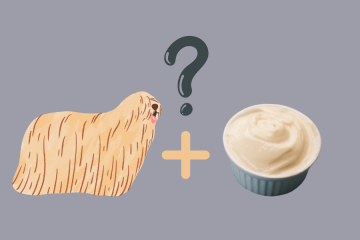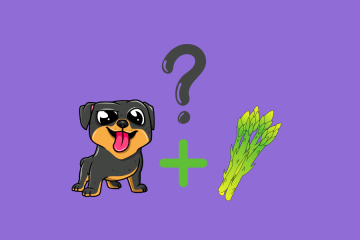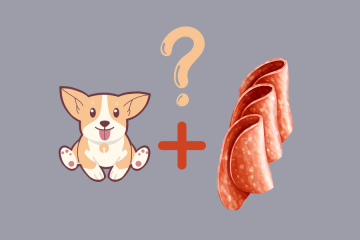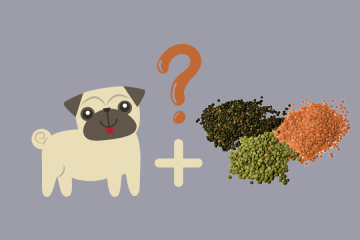Key Takeaways
- Antioxidants found in abundance in raspberries can aid in the prevention of cancer and other disorders. ✅
- They’re also a good source of vitamins C and E, which are crucial for maintaining a healthy immune system. ✅
- Raspberries also contain manganese, which is important for healthy bone growth. ✅
- When giving raspberries to your pet, you should keep in mind that they contain natural xylitol, a sweetener hazardous to dogs, as well as high quantities of sugar that can cause intestinal issues. ❌
- If you do decide to give your dog raspberries, make sure you only give them occasionally.
The Health Benefits of Raspberries for Your Dog
Can dogs eat raspberries? You can give your pup a boost with a small amount of raspberries now and then! Not only are they rich in nutrients like vitamins C and E, which can help keep Fido’s immune system strong and healthy, but their manganese content also helps support bone health. The tiny berries are also packed with antioxidants, which protect cells from oxidative damage. Plus, these juicy treats offer low-calorie snacking for overweight furry friends while aiding digestion to improve overall wellness.

The Risks of Feeding Your Dog Raspberries
So, overall, while raspberries do have some health benefits for dogs, they also come with a few risks that should be considered before feeding them to your pet.
- Raspberries contain natural xylitol, which is a sweetener used in some products like chewing gum and candy. It’s important to avoid giving your dog anything with xylitol because it causes low blood sugar levels that can lead to seizures or even death.
- Too much raspberry consumption can cause problems in the digestive system, like diarrhea and vomiting in dogs.
- Additionally, eating raspberries can increase the risk of developing urinary tract infections in dogs by introducing bacteria into the urine stream. It’s because raspberries have a high sugar content, which can feed the bad bacteria in your pup’s urinary tract and bladder, leading to infection.
- Some dogs may be allergic to raspberries. The symptoms include vomiting, diarrhea, and skin irritation.
- Raspberry leaves contain a compound called cyanide, which is poisonous to dogs. However, the amount of cyanide in raspberry leaves is very small, so it would take a lot of these leaves to kill a dog.
If you decide to feed your raspberries to your dog anyway, make sure to do so in moderation, and keep an eye on your dog’s health to make sure they’re not experiencing any negative side effects.
Xylitol: A Sweetener Bad for Dogs
While xylitol is toxic to dogs, the amount found in raspberries is typically too little to be harmful. Rather, refrain from giving your dog any sweets like chewing gum or candies that have xylitol as an ingredient. Acute liver failure may occur in dogs who consume more than 0.5 grams of xylitol per kilogram of body weight. Dogs who consume more than 0.1 grams per kilogram are at risk for hypoglycemia.
How Many Raspberries Can a Dog Have?
Can dogs eat raspberries? Is there a safe amount? As every dog is unique, there’s no definitive answer. Before giving your dog any new food, including raspberries, it’s always recommended to consult with your vet. That being said, as a general rule of thumb, it’s safe to give dogs around one raspberry for every five pounds of their body weight. So if your dog weighs 25 pounds, you could safely give them five raspberries a day.
Again, though, be sure to check with your vet if you have any questions or concerns about how many raspberries are right for your pup.
How to Serve Raspberries Safely
Can dogs eat raspberries? Yes, but how? First and foremost, when feeding your pooch raspberries, make sure they are fresh and washed thoroughly. As we mentioned before, dogs may have trouble digesting the seeds in raspberries, so you may want to remove them before feeding them to your dog.
You can do this by crushing the raspberries with a fork or food processor. You can also look for raspberry-based treats that are offered by various dog food companies. There are also plenty of recipes online for making your own homemade treats with raspberries, which gives you even more control over what ingredients go into them.
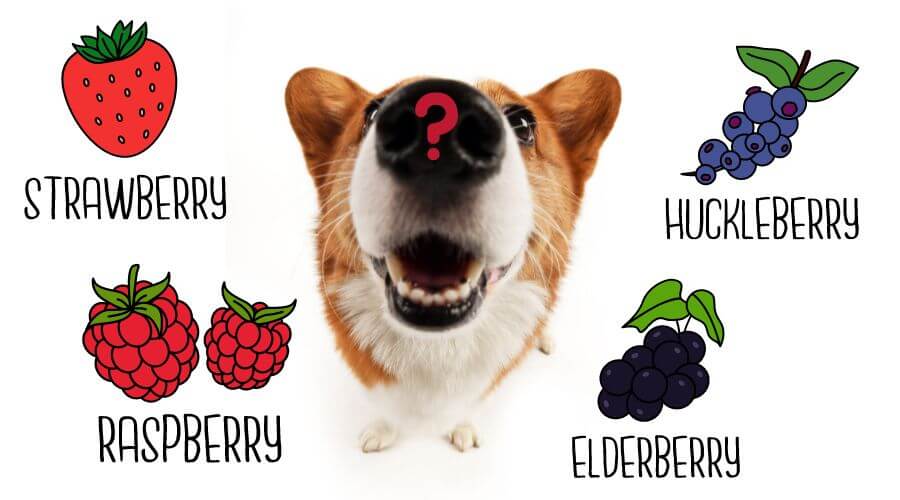
Can Dogs Eat Frozen Raspberries?
Yes, dogs can eat frozen raspberries, but you should thaw them before serving. As with fresh fruit, it’s best to consult with your vet about how much of this frozen snack is safe for your pet.
Can Dogs Eat Canned Raspberries?
Canned raspberries are not a good option for dogs, as they typically contain high levels of sugar. Feeding your pup canned raspberries may also lead to stomach upset or diarrhea. Fresh or frozen raspberries are the best options for dogs.
Editor’s Note
Not all berries are safe for dogs to eat. Do your research before feeding your pup any new food, and keep in mind that they shouldn’t eat any wild berries. Fresh berries from the store need to be thoroughly washed before serving.
Can Dogs Eat Raspberries? Let’s Summarize
So, can dogs eat raspberries? The answer is yes – but with a few health risks that should be taken into account. Raspberries are a good source of antioxidants, vitamins C and E, manganese, and fiber, which can all benefit your dog’s health. However, they also contain xylitol (a sweetener that’s harmful to dogs) and high levels of sugar that can lead to digestive problems.
If you’re thinking about feeding your pup raspberries, it’s best to consult with your veterinarian first to make sure there are no underlying health concerns that need to be considered. You can also look for raspberry-based dog treats made by reputable companies or homemade dog-friendly recipes – like the one we proposed in this article! Thanks for reading!
Frequently Asked Questions
What Fruit Dogs Cannot Eat?
Dogs should avoid eating any type of fruit, as some can be toxic or cause digestive upset. Grapes and raisins are especially dangerous for dogs and can lead to kidney failure. Citrus fruits such as lemons are not good for canines either.
Can Dogs Eat Raspberry Yogurt?
Dogs can eat raspberry yogurt in small amounts as an occasional treat, as long as the yogurt does not contain any added sweeteners or artificial ingredients. Natural, unsweetened yogurts without added flavors can be safely given to dogs, although some dairy products might cause digestive upset in certain dogs. Dogs with lactose intolerance should not eat any type of yogurt.
What Is the Most Toxic Fruit to Dogs?
The most toxic fruit for dogs are raisins and grapes. These fruits contain a toxin called persin, which can cause vomiting, diarrhea and other digestive issues in dogs. In extreme cases, raisins and grapes can even cause kidney failure in some dogs.
Lucas Taylor is a veterinary assistant, freelance journalist and single dad who lives in the suburbs with his three pups: Ruby, Nala, and Woody. He has one cat named Pepper. When he’s not writing articles or working at the vet clinic, Lucas loves cooking French cuisine for himself and friends at home. One of Lucas’ favorite things to do is paddleboard with his son Noah and their canine companions. Pepper is the homebody of the bunch – she loves chilling on the couch.

